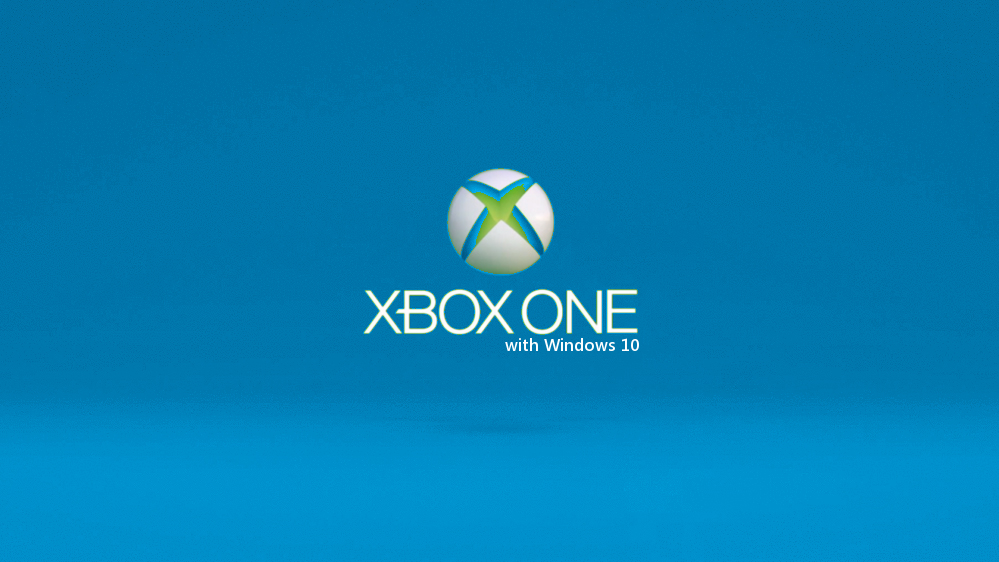Can Windows 10 and Xbox One erase the divide in gaming?
We make five daring predictions about Windows 10 and Xbox One

Windows 10 holds a lot of potential for Microsoft to make up for lost ground, especially in one of their bread-and-butter areas: gaming. "How?" you, and the roomful of other Microsoft execs, might ask.
The way we see it there are three big areas: cloud streaming, Windows Live integration and cross-platform communication.
Microsoft showed up late to the cloud streaming race and there's no better place to start catching up than on Xbox One. The One currently utilizes the most basic of cloud-saving protocols, but its main competition, PlayStation Network and Steam, both support game-streaming over Wi-Fi.
"Problematically," you may be thinking, "Microsoft doesn't have a service like PlayStation Now." Well, not yet they don't. But that could very easily change come tomorrow's big unveiling of Windows 10. What better way to show off your brand-new OS is there than announce a game streaming service exclusive to Microsoft's two gamer-heavy platforms? If it happens tomorrow, you'll know who to thank.
Problem two: Instead of using the cloud to share a save file between Xbox One and PCs, Microsoft could take the initiative in Windows 10 to offload some of its graphical and CPU load through the cloud to enhance console capabilities. It's been talked about before and ideally, this completely optional capability would allow Xbox One games to run smoother or at a higher resolution.
Expanding the Xbox brand
If there's anything Microsoft has going for it, it's branding. Both Xbox and Windows are known worldwide, so why not play up their interconnectedness under the umbrella of a new operating system?
Imagine a new line of budget laptops powered by the new low-power Intel Broadwell processors and branded as something corny like "Xbox Journey" that could stream games from your Xbox One wherever you are. It's not exactly what Sony did with the PlayStation Vita, but if they could run Windows 10 and came bundled with an Xbox One controller they could essentially be a mobile version of Microsoft's all-in-one entertainment system.
Sign up for breaking news, reviews, opinion, top tech deals, and more.
Fact: Microsoft is the only one of the big three – including Sony and Nintendo – that haven't tried entering the handheld console game. With systems-on-a-chip, particularly Intel's upcoming Broxton 14nm Atom x64 line, it would be entirely possible for Remond HQ to develop a small form-factor "Xbox Go" to compete with Nintendo. Or, since Microsoft now owns Nokia's mobile division, it could gut one of its now-defunct Lumia line phones, add some tactile controls, and ta-da! A brand-new handheld.
Games for Windows Live done right?
Games for Windows Live, the current solution to bridging the gap between consoles and PCs, has one of the worst reputations of the major digital gaming frontends, and Microsoft, while not shutting it down entirely, has let the service fall by the wayside.
But, if Microsoft considers merging some of its gaming divisions under the Xbox brand, it's likely that 2015 will bring at least a partial integration between Games for Windows Live and Xbox Live. With proper support, this integrated service may be the first to allow PC and console gamers to consistently play together.
And say Microsoft does integrate its Xbox Live support on PC at a system level like it does on the Xbox One. Players could finally use one service for both console and PC friends lists or achievements. You could go from playing on PC to hopping on their Xbox One and back again without losing progress, friends or gamerscore. Microsoft, if you're only going to make one announcement on January 21, please make it this.
Instead of competing with or ignoring PC games or trying to make the Xbox One a hundred different things, Microsoft could realize that using Windows 10 as a way to complement and further value its other brands is the way to go. The Xbox One is already an incredible machine, and if Microsoft ups the ante by integrating desktops and consoles, it could become the new innovator in both domains.
Brittany Vincent is an accomplished freelance video game, technology, and entertainment writer whose work has been featured in various online and print publications. She’s been writing professionally for 15 years and her work can be found in dozens of print and digital publications such as Variety, Playboy, Rolling Stone, Wired, Maxim, Official Xbox Magazine, and more.
